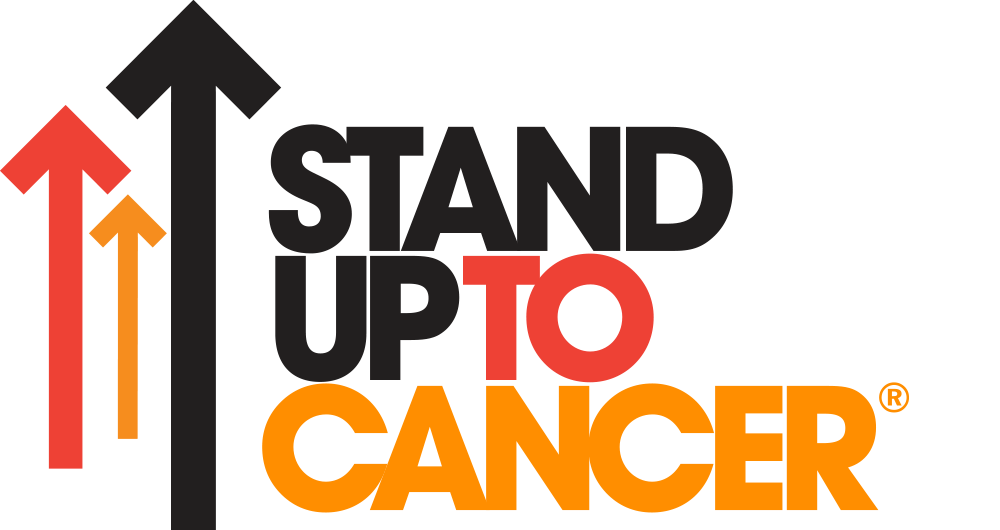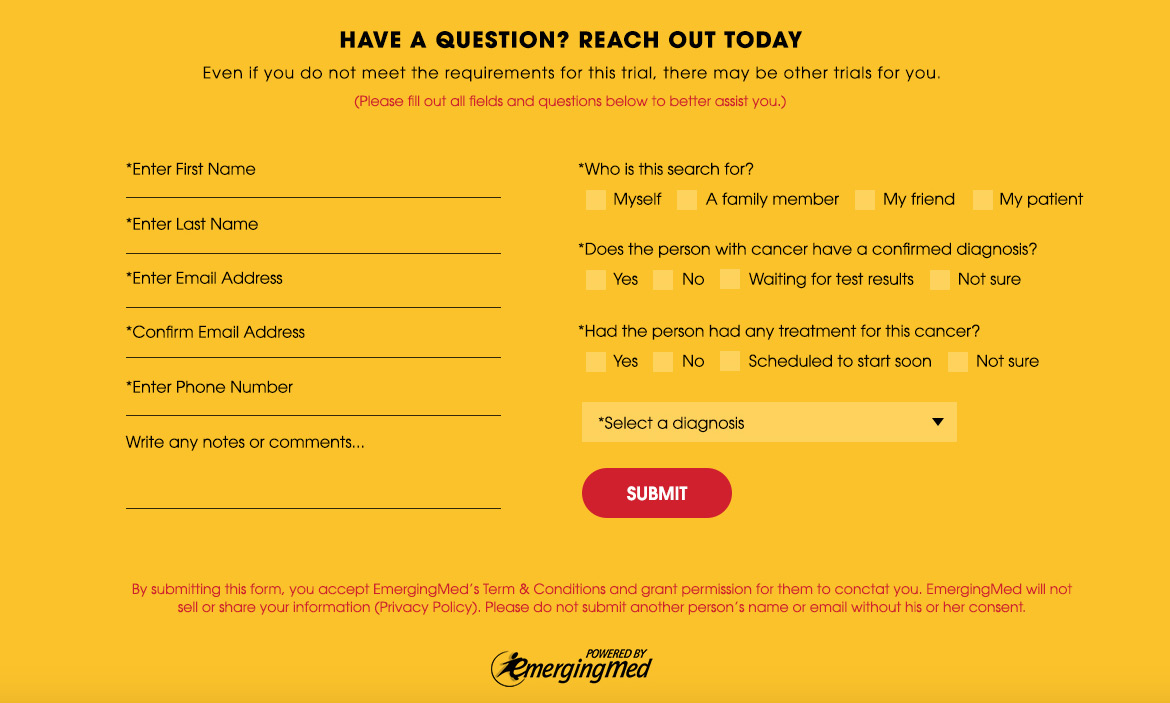Why your Participation Matters
Your participation in this study could help researchers find out why immunotherapy treatments sometimes stop working. That could lead to better treatments and improve outcomes for cancer patients in the future.
Here’s a little more about how anti-PD-1/L1 therapy works, to help explain: PD-1 is called a checkpoint protein. It is found on the surface of a type of immune cell. PD-L1 is a related protein found on the surface of some normal cells in the body. The two proteins can attach to one another like a lock and key. When they do, it sends a signal to the immune cells, telling them, “Don’t destroy this cell. It’s normal.” Some cancer cells have a lot of PD-L1. That helps them avoid destruction by the body’s immune system.
Drugs that inhibit PD-1 or PD-L1 can block this binding process, allowing the immune system to respond to the cancer cells. However, many of these drugs work for only a short time.
Key Insights for Participants
What is Ipilimumab?
Ipilimumab is a monoclonal antibody that works to activate the immune system by targeting CTLA-4, a protein receptor that downregulates the immune system.
What is Nivolumab?
Nivolumab is a type of immunotherapy that stops the tumor from repressing the immune system response. It is an antibody that binds to the body’s T cells in order to keep them turned “on” even while the tumor is trying to turn them “off.” These activated T cells (white blood cells that help your body fight disease) can then attack the cancer cells.
- Because clinical trials must be carefully tracked, you may receive more attentive care. For example, you will have more access to doctors and nurses to answer questions, get more tests and be closely monitored.
- The purpose of this study is to test any good and bad effects of the combination of ipilimumab and nivolumab. While the combination treatment could help the immune system to react to melanoma, reducing the number of cancer cells, it could also cause side effects.
- Both ipilimumab and nivolumab have been FDA-approved to treat advanced melanoma, but there has been no FDA approval for using them in this way, to treat melanoma that has previously gotten worse after treatment with an anti-PD-1/L1 drug.
- You will be assigned randomly to one of two treatment groups in the study: treatment with a combination of therapies, or treatment with a single drug. You will not be given a placebo (“sugar pill”). You will receive the study drugs as long as your cancer doesn’t get worse, the side effects are tolerable, and you agree to stay in the study.
- You will not have to pay for the drugs while you are in the study, but you will be responsible for all the other costs of treating your cancer, including the cost of getting the medicine ready and giving it to you, as well as the cost of tests, procedures, and any medicines to manage your side effects.











